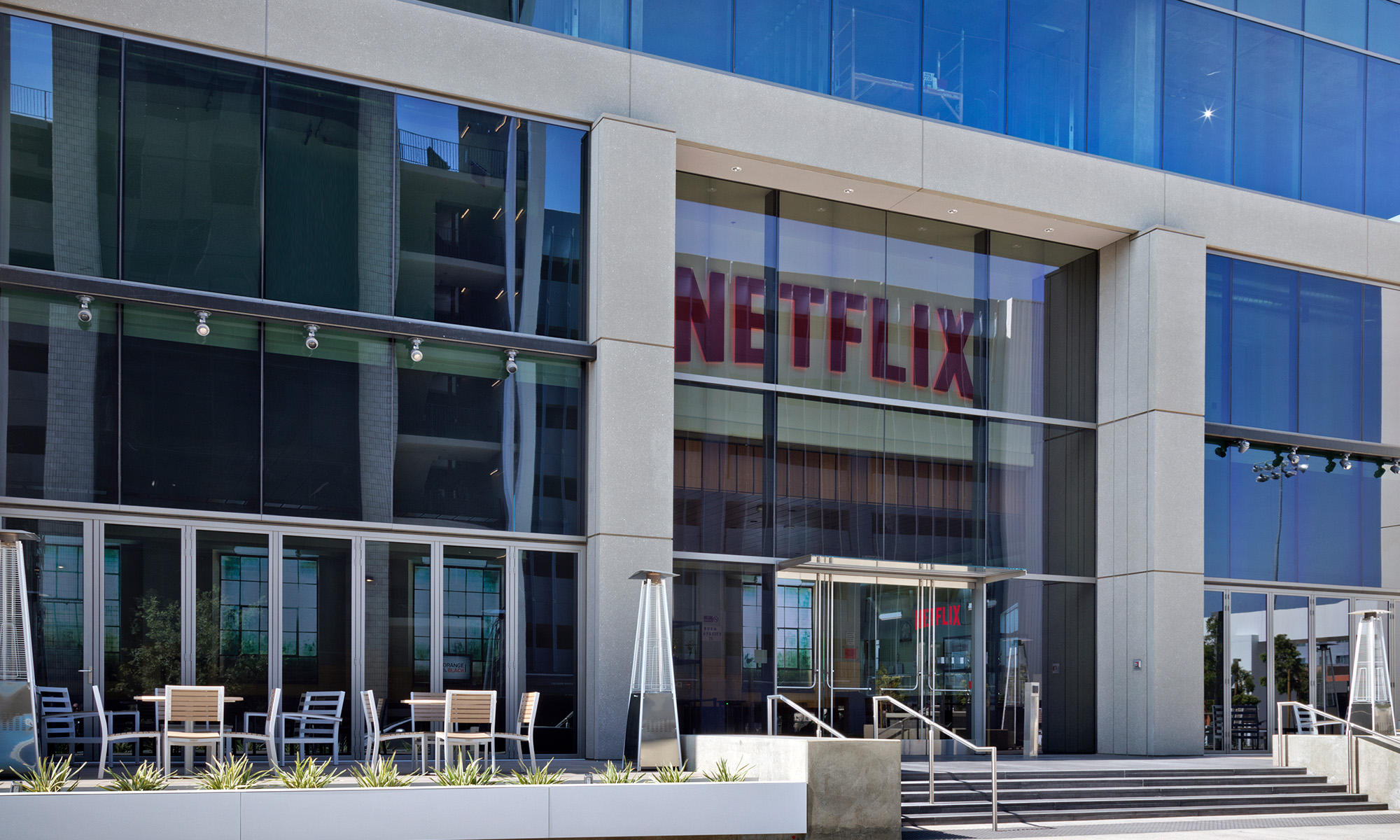
Image source: Getty Images.
With a valuation slightly more than six times larger than publicly traded rival Box (BOX +3.02%), cloud storage upstart Dropbox has drawn plenty of criticism for what some perceive to be its "lofty" valuation.
Turns out, the detractors are likely correct.
Though lacking the public data a Dropbox IPO would provide, Dropbox's mix of revenue growth and intensified competition make the cloud storage upstart's valuation appear unjustifiably rich.
How much is Dropbox worth?
Dropbox's most recent round of equity fundraising officially valued the company at a whopping $10 billion in January 2014. This valuation places Dropbox in the rarified air of start-ups carrying 11-figure valuations, known as "decacorns" in Silicon Valley.
However, the company's 30-month-old official valuation doesn't necessarily reflect the likely growth arc at Dropbox, either (more on that below). Importantly, though, in terms of discussing Dropbox's valuation, a number of the company's own investors have already concluded the memory storage company isn't worth $10 billion.

Image source: Dropbox.
Partially in reaction to stock market sell-offs in late last year and earlier this year, large mutual funds began marking down the value of certain start-up investments. To this end, mutual fund giant Fidelity marked down the value of its Dropbox stock holdings by 20% in the first quarter, though it had already reduced the value of its Dropbox stake at least once before. Additionally, T Rowe Price reportedly wrote down its internal valuation of its Dropbox shares by 51% in the fourth quarter of 2015.
Though no hard-and-fast rules govern how mutual funds value their start-up holdings, companies typically utilize a mix of company-specific financial information and external market data to value their start-up stakes. Therefore, as with publicly traded stocks, a mutual fund lowering its holding value for a start-up could largely be a byproduct of market conditions rather than a statement on a company's performance.
That being said, in the case of Dropbox, it seems fair to assume that its falling valuation reflects changes in its business outlook as competition from Box, Apple, Amazon, and Alphabet has grown in the past several years. However, even at the lower internal valuations reported by the media, Dropbox's valuation remains significantly higher than public competitors like Box. Does that make sense?
Should Dropbox be more valuable than Box?
Establishing an approximate value for Dropbox is difficult due to a lack of publicly available information. But what little we do know suggests Dropbox should indeed be more valuable than Box.

Image source: Box.
The most credible revenue estimate for Dropbox comes from 2014, when the cloud storage start-up was said to have earned $400 million as it raised funds, leading to its $10 billion valuation. Dropbox has confirmed that revenue has since grown, but it's anyone's guess exactly to what degree. Yet, the fact that Dropbox's 2014 revenue was higher than the $327 million Box has earned in the last 12 months supports the idea that Dropbox should indeed be worth more than Box. This overlooks other important factors, like profitability, but it provides at least some basis for comparison between them. As to the question of whether Dropbox is overvalued at $10 billion, it seems the answer to that is also likely yes.
Box trades at a price-to-sales ratio of 4.6 times its last 12 months' revenue. In order for Dropbox to match Box's valuation on a price-to-sales basis, Dropbox would have had to grow its $400 million in 2014 sales by 223% in each of the past two years to trade at the same 4.6 times price-to-sales ratio as Box. Though possible, growing revenues so quickly at scale is an infrequent occurrence. So although we can't know for sure, the scant public data suggests to me Dropbox should indeed be worth more than Box, but perhaps not to the degree Dropbox's $10 billion valuation might imply.






